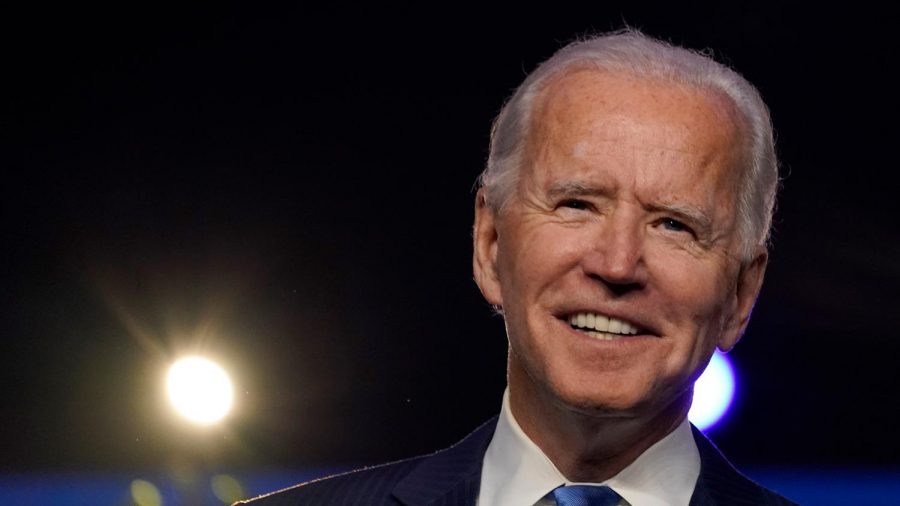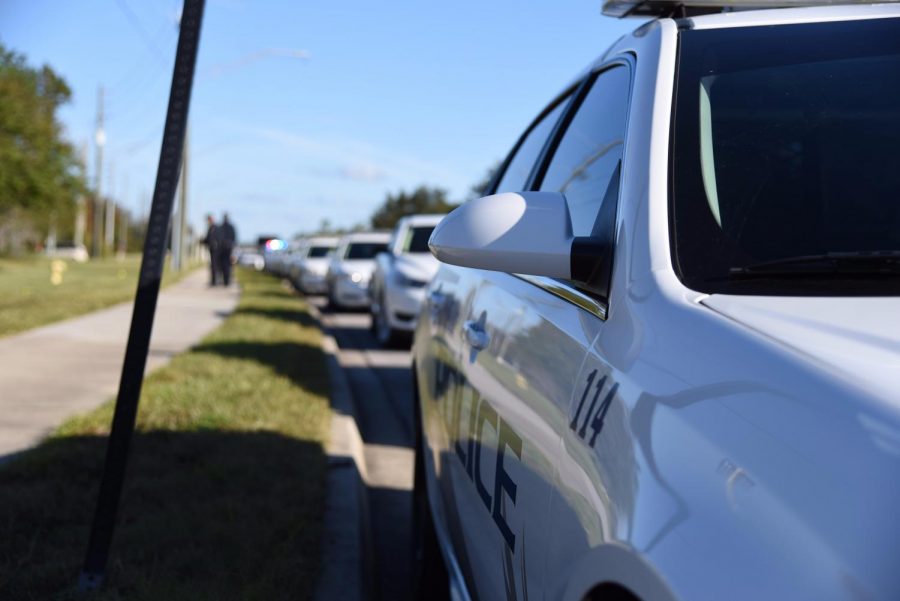The weight of student loan debt continues to grow heavier as it hits $1.5 trillion, which is now more than Americans owe to credit card companies. President-elect Joe Biden has spoken about his higher education proposals which he calls “The Biden Plan for Education Beyond High School.”
So what are these proposals the President-elect plans on implementing to address costs of higher education and financial aid?

“Make public colleges and universities tuition-free for all families with incomes below $125,000.” Biden has adopted this proposal from Senator Sanders and Congresswoman Pramila Jayapal’s College Act for All from 2017. Biden also plans to make two years of community college free regardless of income.
“Target additional financial support to low-income and middle-class individuals.” Biden proposes to double the maximum value of the Pell Grant and increase the number of Americans that qualify for it.
What is a Pell Grant? A Pell Grant is a federal grant awarded to students for post-secondary education at colleges, universities, and career schools. Pell Grants are awarded on the basis of financial need and, unlike federal student loans, do not need to be repaid except in rare instances. He also plans on helping immigrants become eligible for financial aid if they meet certain requirements for that aid, and restoring financial aid eligibility to people who were formerly incarcerated.
“More than halve payments on undergraduate federal student loans by simplifying and increasing the generosity of today’s income-based repayment program.” Biden plans for loan borrowers who make $25,000 or less a year to not have to make payments on their undergraduate federal student loans. Plus those loans wouldn’t accrue interest. Others would pay 5% of their discretionary income over $25,000 toward their loans. After 20 years of regular payments, the remaining balance on the loan would be forgiven. He would also change the tax code to make debt that’s forgiven through an income-based repayment plan nontaxable.
“Make loan forgiveness work for public servants.” Biden says he will adjust the Public Service Loan Forgiveness Program, launched in 2007. He would create a new program to provide $10,000 of undergraduate or graduate student debt relief annually for up to five years of national or community service the applicant performs.
“Create a ‘Title I for postsecondary education’ to help students at under-resourced four-year schools complete their degrees.” He would work on providing federal grant money to help support under-resourced four-year schools.
“Create seamless pathways between high school, job training, community college, and four-year programs to help students get their degrees and credentials faster.” Biden’s plan would provide grants to states that work to speed up students’ achievement of credentials, including bachelor’s degrees, while still ensuring quality and accountability.
“Prioritize the use of work-study funds for job-related and public service roles.”The Biden plan would refocus federal work-study programs where students are either learning skills valuable for their intended careers, or contributing to their communities by mentoring students in K-12 classrooms and community centers.
“Stop for-profit education programs from profiteering off of students.” This would, for example, require for-profit schools to “prove their value to the U.S. Department of Education” before they’d be eligible for federal aid. Biden would also restore borrower defense to repayment rules, which made it possible for students who were deceived by for-profit colleges to have their loan debt forgiven.
“Crack down on private lenders profiteering off of students and allow individuals holding private loans to discharge them in bankruptcy.” Right now private student loan debt does not qualify as a type of debt that can be discharged in bankruptcy. Biden wants to change that as well.
“Support and protect post-9/11 GI benefits for veterans and qualified family members.” Biden wants to strengthen rules that protect veterans and their family members from predatory lenders and schools.

President-elect Biden’s two other main proposals for higher education include: community colleges and workforce training programs, and minority serving institutions. He wants to make funds available to cover the cost of training programs that are known as having a track record for participants that complete their programs and secure jobs. Biden’s plan would also provide $18 billion in grants to minority serving institutions, including historically Black colleges and universities, tribal colleges and universities, Hispanic-serving institutions, and Asian American– and Native American Pacific Islander–serving institutions.
For more information on President-elect Biden’s plans, visit here.
__
For more information or news tips, or if you see an error in this story or have any compliments or concerns, contact editor@unfspinnaker.com.












